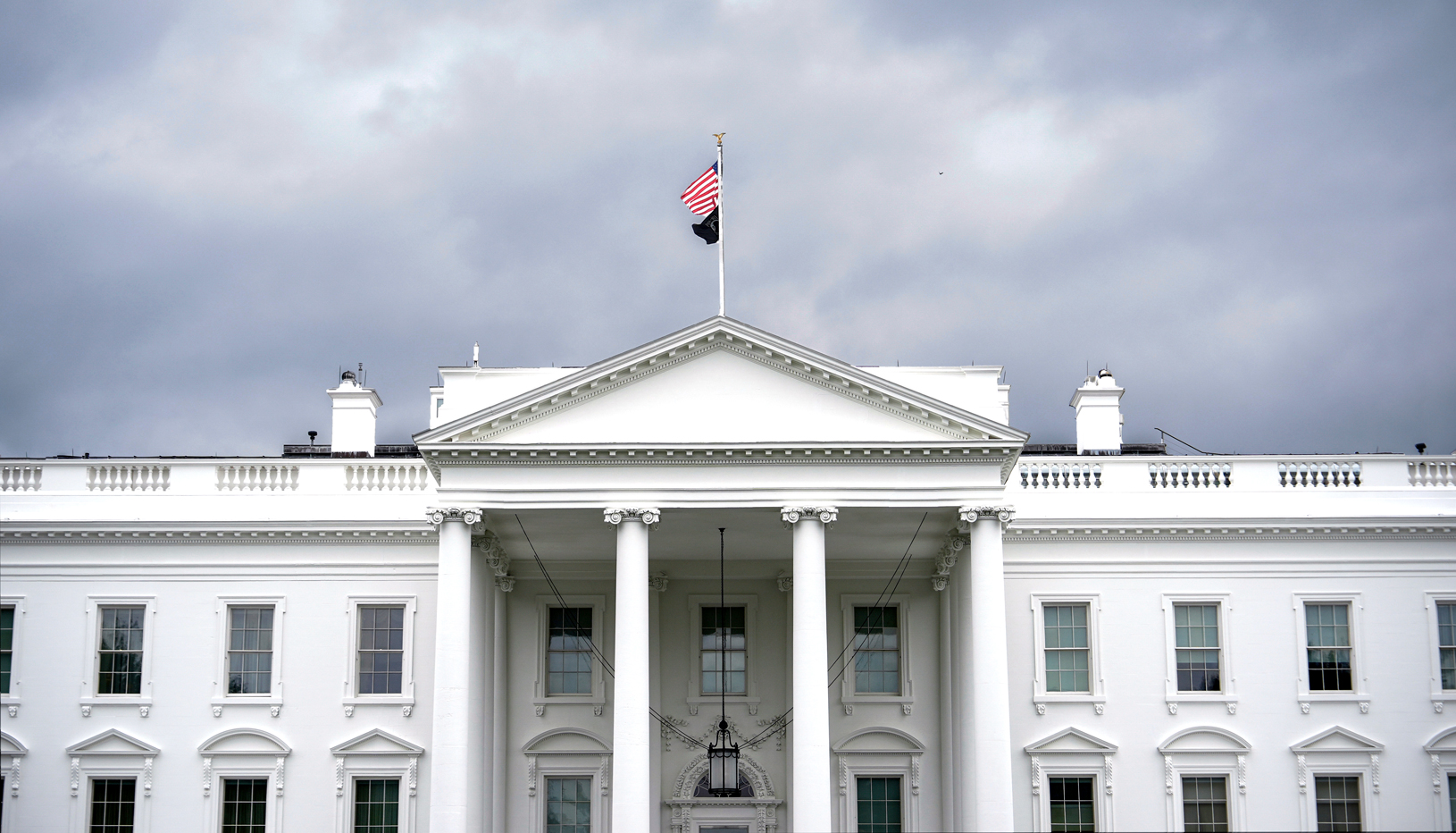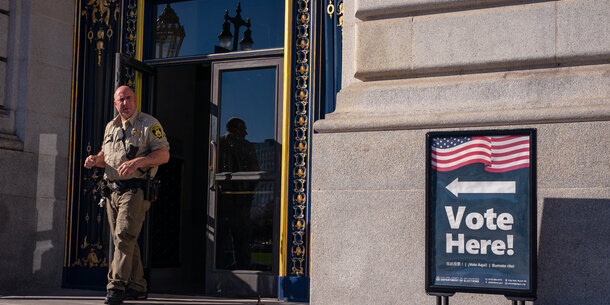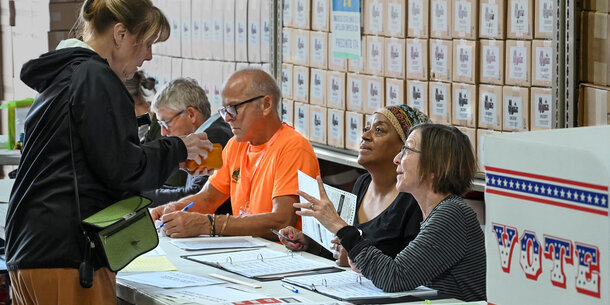Politicized Investigations and Prosecutions of Election Workers and Other Individuals
The March executive order also calls for the attorney general to “prioritiz[e]” the prosecution of “election crimes.” While that in and of itself is unobjectionable, the focus of the executive order, as well as statements and actions taken by the president and his appointees, suggests that these prosecutions may target election officials and others who work to assist voters. Additionally, the prosecutions may cause the DOJ to shift its focus away from protecting voters, which has been at the core of the department’s work on elections since at least the 1960s.
Last month, The New York Times reported that the DOJ was exploring ways it could bring criminal charges against election officials related to their management of election systems. This follows a recommendation made last year in Project 2025, a policy blueprint for a conservative presidential administration, to use a 150-year-old civil rights law to prosecute people, including election officials, who help others vote.
The administration has already targeted at least one official who played a key role in safeguarding the 2020 election. Trump called on the DOJ to investigate the conduct of Chris Krebs — his own appointee to lead the Cybersecurity and Infrastructure Security Agency in 2018 — for publicly rejecting claims that the 2020 election was rigged or stolen. More recently, the DOJ reportedly began an investigation of a political adversary, New York Attorney General Letitia James, under that Reconstruction-era civil rights law, making the threat that it will follow through on the Project 2025 proposal all the more real.
Project 2025 did not just urge prosecutions of election officials. It also encouraged the DOJ to ramp up prosecution of “voter registration fraud,” lamenting the department’s retreat under President George W. Bush from a series of politically motivated “voter registration fraud” cases against organizations conducting nonpartisan voter registration drives in the lead-up to the 2004 election. It’s not hard to imagine what this type of persecution would look like or what kind of chilling effect it would produce: Officials in Florida and Texas have recently targeted organizations conducting voter registration drives with the threat of criminal investigations and penalties, seriously curtailing their nonpartisan efforts to engage voters.
Florida offers clues about another potential use of law enforcement to intimidate voters more directly. In 2022, five days before Florida’s primary election, Gov. Ron DeSantis announced the arrests of 20 people with past felony convictions at a press conference, claiming that they knowingly voted while ineligible. But publicly available evidence suggested that most, if not all, of the individuals genuinely thought they were eligible to vote. The public announcement scared eligible voters away from voting, even outside of Florida.
The DOJ’s recent suit against Orange County, California, demands personal information about 17 noncitizens removed from the rolls, 16 of whom apparently self-reported and asked to be removed. The very rare instances in which noncitizens have registered or voted have often turned out to be the result of errors by state officials, or people misunderstanding or being misled about their eligibility. If the DOJ begins prosecuting people for mistakenly registering to vote due to a misunderstanding, it may have a chilling effect. Eligible Americans may fear the risk of exposing themselves to federal retribution just for participating in elections and choose instead not to vote at all.
Newly formed task forces — including the DOJ’s Weaponization Working Group, the Election Integrity Task Force of the U.S. attorney’s office in New Jersey, and the Election Accountability Special Unit of the Washington, DC, U.S. attorney’s office — seem to provide additional infrastructure for the DOJ’s shift from protecting voters to intimidating the people who run our elections. The Weaponization Working Group was explicitly created with the goal of pursuing officials who prosecuted Trump or others involved in the January 6 insurrection attempt. These task forces were started and are being led by Trump administration officials Pam Bondi, Alina Habba, and Ed Martin — who, between them, have made false claims about previous elections and election fraud, pursued baseless litigation aimed at Trump’s political rivals, and threatened to use the DOJ to publicly “name” and “shame” individuals whom they do not have a basis for formally charging.
All of this could mean that new investigations and prosecutions will be announced in the coming months that seek to cast doubt on the people who make our elections work. Those directed to pursue these prosecutions have reportedly struggled to find any legal basis for them. But even the announcement of an investigation can have an impact on elections. And, of course, in lieu of criminal charges, we may see public shaming, which in recent years has been tied to an uptick in threats and harassment of election officials.





